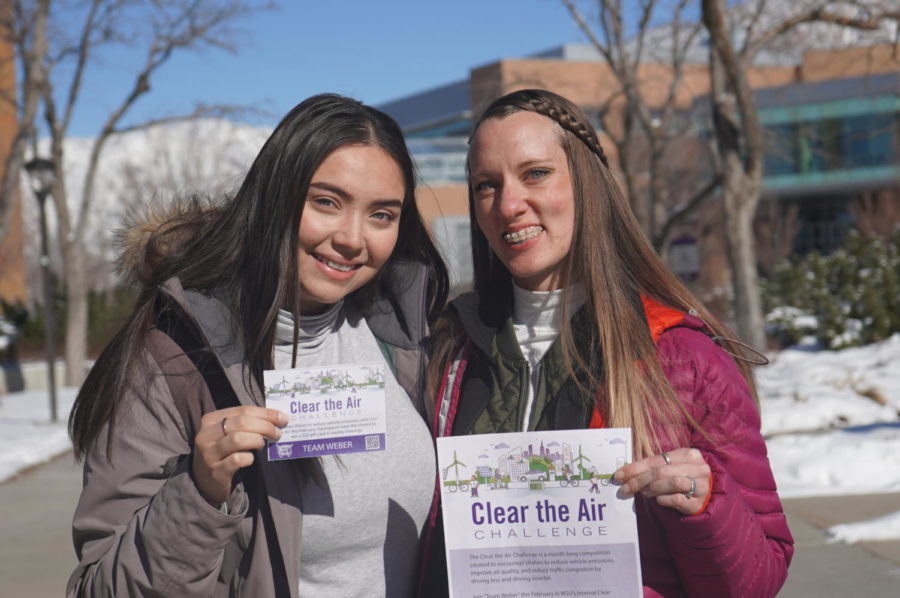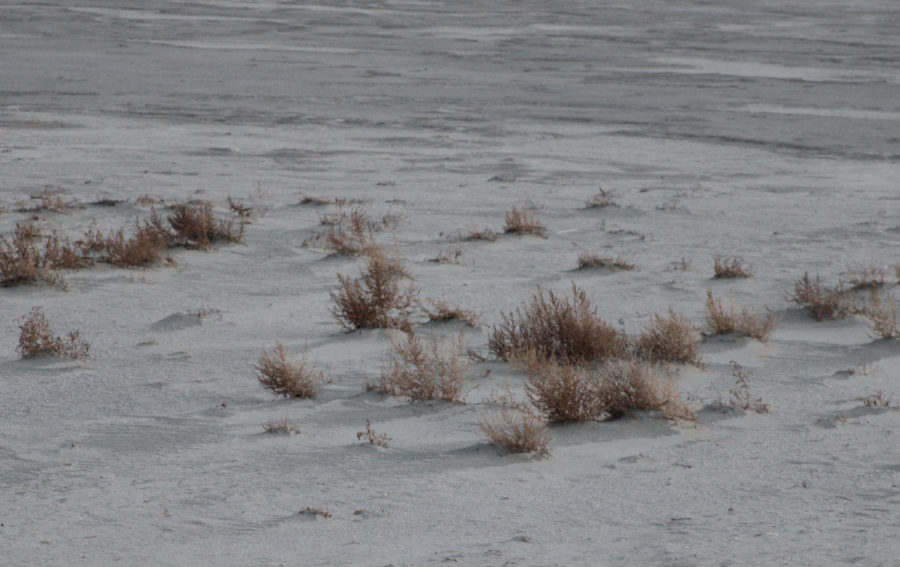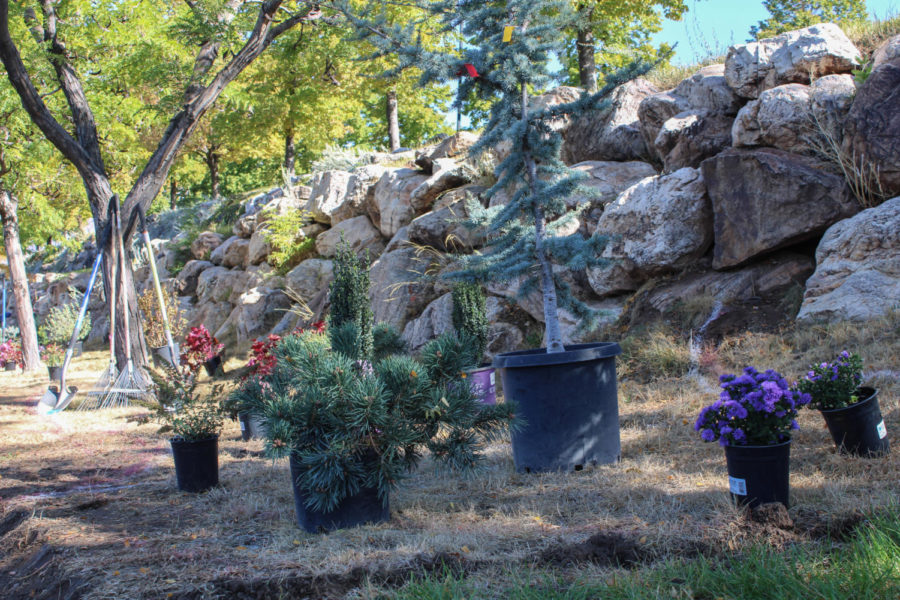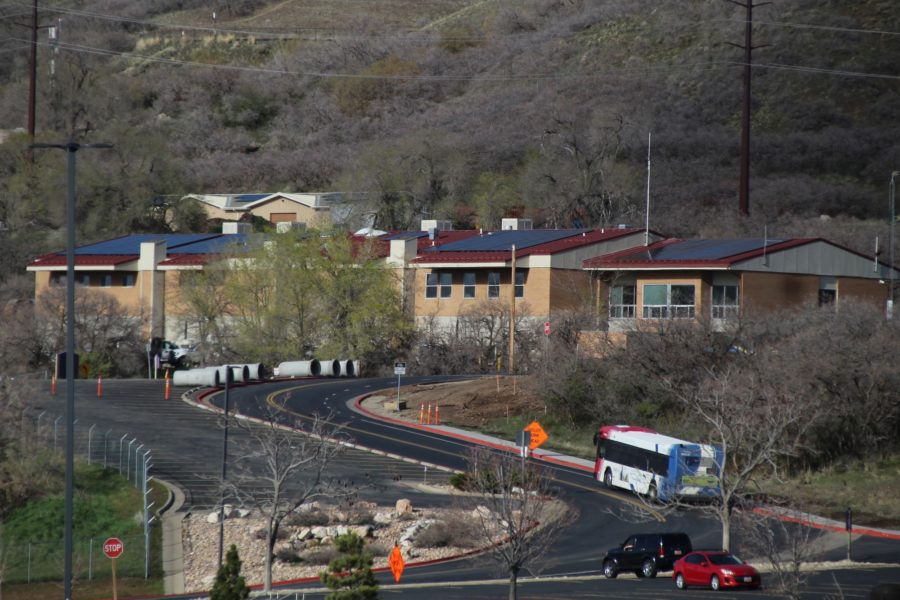The atmospheres of planets, including Earth’s, can help scientists discover more about what the planet has to offer. Weber State University physics professor John Armstrong presented “A Natural History of Air” on Jan. 29.
Armstrong began the evening discussing time and gave a demonstration. He instructed the members of the audience to hold their breath for one second. This was to represent 500,000 years of the universe’s existence. Then he had them hold their breath longer to represent a longer length of time the universe has existed. An average lifespan, based on this scale, would be holding one’s breath for 0.002 seconds. This exercise was to help the audience understand how small each person’s lifetime is compared to only a fraction of time the universe has existed.
“The black that we see when we look in the universe is stars and galaxies whose light hasn’t reached us yet,” Armstrong said.
As more stars appear and more galaxies are found, scientists are able to see more light coming from the dark. Using light to determine age, scientists can determine how old stars are. For example, if a star is 1 million light-years away, it took 1 million years for that light to reach Earth. A star in the sky looks how from Earth how it looked 1 million years ago.
Further into his presentation, Armstrong discussed how different chemicals and elements on the periodic table are able to help determine if life can or does exist on other planets. Hydrogen, nitrogen, oxygen and carbon are some of the main elements astronomers focus on because that is what much of the universe is made of. These elements are also the major components of Earth’s atmosphere, and thus can assist in identifying events that have occurred on Earth.
“The atmosphere is a record of what the earth has experienced and the events that have occurred,” Armstrong said.
Earth’s experiences changes daily, and through those changes, elements are released into the atmosphere. These elements then react with the atmosphere. Anything that does not react with the atmosphere is reabsorbed back into the earth.
“Life is in charge of what’s going on here (on Earth), and we are in charge of every atmospheric cycle that causes change,” Armstrong said.
Changes to the atmosphere can happen quickly or take years.
“I think that we need to pay more attention to what we are doing and be more careful, because we have to live here, and our kids will have to live here,” said WSU freshman Kierstyn Miller. “We need to be nice to the earth, because it is nice to us with all that it provides.”
Since Utah has some of the worst air quality in the nation, Armstrong said, the public can help by walking more instead of driving, using public transportation and using fewer fossil fuels.
“We are mindlessly in charge of (the earth’s atmosphere) composition,” Armstrong said.
According to Armstrong, people do things mindlessly that affect Earth’s atmosphere. Each individual has the ability to control how much pollution is emitted into the atmosphere.
“The quality of our air is (such) an issue that the Utah legislature is looking at this session and (it) is being discussed in many media outlets,” said Erin Nelson, a teacher at Columbia Elementary School. “Talking about this issue is one thing, but until people take the initiative, there will be no change. If third-graders can see the need for change and take action, us as adults should be able to as well.”
According to Armstrong, with a little bit of effort, the public can cause change to occur, and the atmosphere can be cleaner and healthier to breathe. Each person can help contribute to this change through doing something big or small.
“We have to recognize that we are in charge and need to turn from mindless to mindful,” Armstrong said.
@trevorhwsusp













